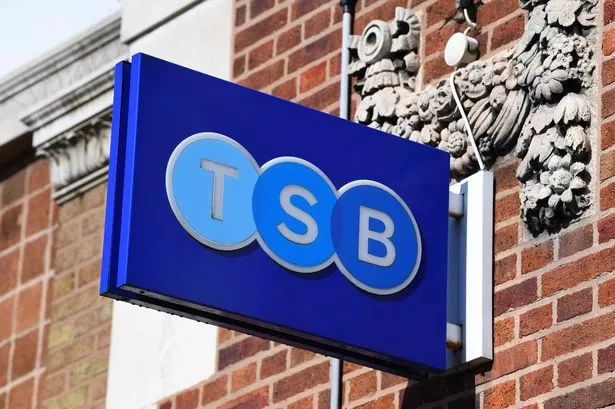It’s alarmingly evident that the UK is grappling with a significant fraud issue. In 2022, fraudsters managed to siphon off a staggering £485 million in transfer scams, a recent report by the industry has shown. But what’s more shocking is that nearly half of this stolen money was not refunded to the victims.
These scams, often categorised as ‘authorised’ frauds, typically involve unsuspecting account holders falling prey to counterfeit purchases, deceitful impersonations, or heart-wrenching romance scams. Unfortunately, the safety net offered by bank guarantees doesn’t fully cover these types of scams. Consequently, only £285.6 million, representing 59 per cent of the total stolen through such scams, was returned to the defrauded victims last year.
The Necessity of a Reimbursement Regulation
Currently, payment regulators are mulling over the introduction of new regulations. Regulations that could compel banks and building societies to fully reimburse victims of APP scams if the loss exceeds £100. David Postings, the Chief Executive of UK Finance – the industry body that published the recent statistics – has voiced his opposition to the idea.
David Postings expressed concerns that complete reimbursement could lead to complacency among individuals. This is because they may not exercise sufficient caution when making payments. He emphasised that he doesn’t intend to blame victims but believes there must be balance between reimbursement and personal vigilance. He further stated that the burden of reimbursement might inadvertently fall on innocent customers who are not affected by these scams.
The Role of Banks in Fraud Prevention
Some UK banks have proactively taken steps to tackle this issue by signing up to a voluntary reimbursement code. Data reveals that these firms were able to reimburse 66 per cent of the losses from APP scams. Other institutions, such as TSB, have instituted their own guarantees. TSB recently reported that its policy resulted in a 97 per cent reimbursement rate for fraud victims.
The UK Finance annual fraud report revealed that over £1.2 billion was stolen through fraud in 2022. This equates to more than £2,300 stolen every minute. On a positive note, this figure represents an 8 per cent drop compared to the previous year. The majority of these thefts, amounting to £726.9 million, involved ‘unauthorised’ fraud. This is where thieves steal card details or identities without the account holder’s consent.
The Effectiveness of Existing Safeguards
The ‘confirmation of payee’ service, which cross-verifies the recipient’s name with their account number, is proving to be a useful safeguard. UK Finance stated that this service has had a significant impact in mitigating the risks. Moreover, the data revealed that 78 per cent of APP fraud cases originate online, with 18 per cent conducted over the phone.
UK Finance urged that the responsibility of reimbursing victims should not rest solely with the banking sector. This collective effort is crucial in curbing the rising cases of fraud.
Online platforms, including search engines, social media, and online dating platforms, are frequently exploited by criminals for fraudulent activities. These scams vary from investment fraud, which cost victims £114.1 million. From impersonations, purchase scams, and romance scams, which collectively accounted for losses of £275.9 million.
Recognising and Reporting Fraud
Individuals must understand the typical signs of fraud. If something seems too good to be true, it often is. Be wary of unsolicited emails, messages, or phone calls, and always verify the identity of the person you’re dealing with before making any transactions. Regularly updating passwords and using two-factor authentication can also provide an added layer of security.
If you suspect you’ve been a victim of fraud, it’s important to report it immediately. By doing so, you’ll not only potentially recover your lost funds but also help prevent the fraudster from victimising others. Prompt reporting can help banks and law enforcement agencies take swift action against these criminals and potentially curb the prevalence of such scams.
Collaboration Across Sectors
The fight against fraud requires a collective effort across sectors. Banks, tech companies, and consumers must work together to build a safer digital environment. Through a combination of technology, regulations, and education, it’s possible to significantly reduce the amount of money lost to scams each year.
While the figures related to fraud are alarming, they also highlight the urgent need for effective uk fraud prevention measures. By reporting fraud promptly, implementing secure practices, and fostering a collective effort across sectors, it’s possible to protect oneself and others from becoming victims of fraud. We can look forward to building a safer financial ecosystem for everyone with the right measures.
To effectively prevent fraud, there is a need for increased awareness and education. Consumers should be aware of the latest scams and the tactics fraudsters use. They should be educated on how to protect themselves and the steps they should take if they believe they have been targeted or victimised.



